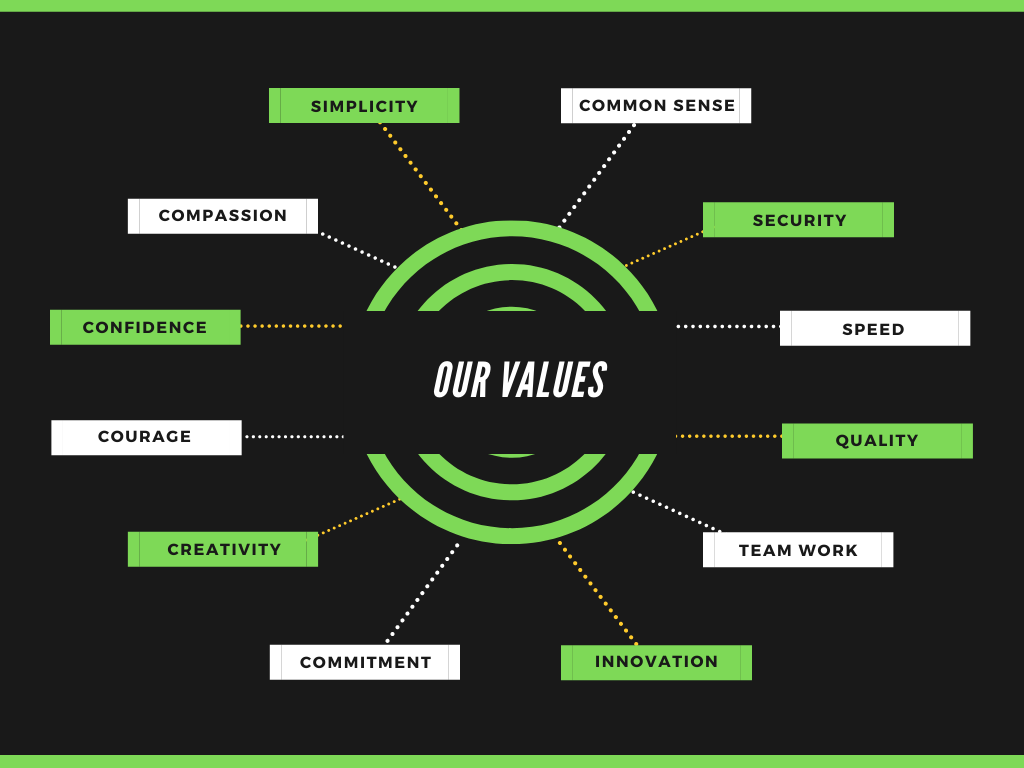Benefits of Industrial Automation System
- To increment productivity
Even though many companies hire thousands of production workers for up to three shifts to run the plant for the maximum number of hours, the plant still must be closed for holidays and maintenance.
Industrial automation completes its target by permitting the company to run a manufacturing plant for 365 days a year, seven days a week and 24 hours a day. This lead to a noteworthy improvement of the company.
- To lower the operating cost
The healthcare costs and holidays, and paid leaves related to a human operator is eliminated due to industrial automation. Additionally, industrial automation does not need other employee benefits like pension coverages or bonuses etc.
Even though it is related to a substantial initial cost, it saves the human workers’ monthly wages, which leads to a significant savings of charge for the company. The maintenance cost related to machinery utilized for industrial automation is less because it does not usually fail. And by chance, if it fails, only maintenance engineers and computer are needed to repair it.
- To achieve high flexibility
Adding a new activity in the assembly line needs training with a human operator, yet, robots can be programmed to perform any task. This makes the process of manufacturing more flexible and easy to handle.
Industrial automation alleviates the error related to a human being. Additionally, unlike human beings, robots don’t involve any fatigue and don’t require rest, which results in products with uniform quality manufactured at different times.
The automation system can make the production line safe for human employees by deploying robots and machines to handle hazardous and dangerous tasks.
- The information accuracy is high
The addition of automated data collection can permit you to collect critical production information, reduce your data collection costs and improve data accuracy. This delivers you with the facts to make the right choices regarding decreasing waste and improving your processes.
Industrial automation has found more and more acceptance from numerous industries due to its vast advantages like increased quality, productivity and safety at low costs. Even though the initial price is a bit high, one can have many benefits for that cost.










